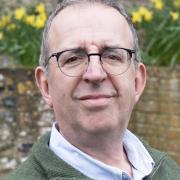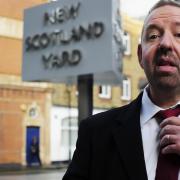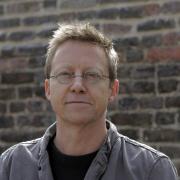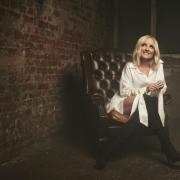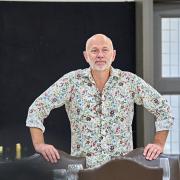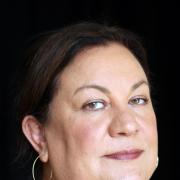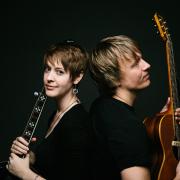Catherine Larner talks to headline authors appearing at Felixstowe Book Festival. East Anglia-based Rose Tremain has just published her latest novel, the Gustav Sonata
We used to appreciate books for the stories they told, but these days we are as much fascinated by the authors as we are their work.
“It seems that the public, if they like our books, want to know what kind of mind dreamed them up,” says the award-winning novelist, Rose Tremain. “And perhaps this is not so unreasonable. Talking to audiences often illuminates something new for me about my own work.” But she thinks authors shouldn’t be too interested in parading their own biographies.
“The books speak most articulately for us.” Rose has published five collections of short stories and her new book, The Gustav Sonata, is her 14th novel. Spanning three periods in Switzerland before, during and after the Second World War, the novel explores the lives of two families and a friendship between two male characters, Gustav and Anton, from childhood to middle age.
“I was drawn to the idea of exploring the differences between love and friendship and between passion and self-control,” she says. “Switzerland, with its difficult-to-sustain idea of ‘neutrality’ was the ideal setting.
“My daughter, who is a psychotherapist, said a wise thing to me about friendship – that we should treat our friends with as much consideration and care as we show towards our closest family. Friendship is a commitment. But as our lives go on, perhaps we feel that we can’t sustain this kind of commitment to very many people. In The Gustav Sonata, both men understand that the friendship is significant, but because only one of them comprehends its true nature, it threatens to destroy them both.”
It is astonishing to discover the range of subjects Rose has covered, from the reign of Charles II in Restoration, to an Eastern European worker in The Road Home, and 19th century settlers in New Zealand in The Colour. She can write compellingly as a male or female narrator of any age, in any period.
“Immersion in characters unlike myself has never been hard for me,” she says. “My imagination is fired up by embarking on this. In the contemporary world, people are deranged by their own solipsism. To explore outside the limits of the self is to be set free.”
Formerly a tutor of creative writing, and now chancellor of the University of East Anglia, Rose is passionate but pragmatic about fiction writing.
“If you can’t undertake the hard graft of research and you can’t project imaginatively, perhaps you shouldn’t be a writer,” she says. “If you write about the things you would like to discover, then the act of writing becomes not only an act of telling, but also an act of learning. You will know more at the end than when you began.”
Rose ultimately chose to step away from teaching others to write, for fear it was impinging on her own creativity.
“There are two sides to a writer’s mind – the knowing, analytical, technical side and the unknowing, dreamy side. To create a truthful fiction, both of these need to be working well. As my teaching role went on, the unknowing side of my mind became more and more censored by the analytical side. I figured that if this went on all my unformed new ideas would be strangled before birth.” She works happily in the home she shares with biographer Richard Holmes, gaining inspiration from the landscape.
“I’ve lived in East Anglia for about half my life. I’ve been able to write about it with great affection, but with a certain enabling detachment. It has a wildness, beauty and conflicting desolation which is perfect for the stories I was developing there. And I love my house,” she says of her Norwich home. “It’s sheltered so much crazy endeavour.”






